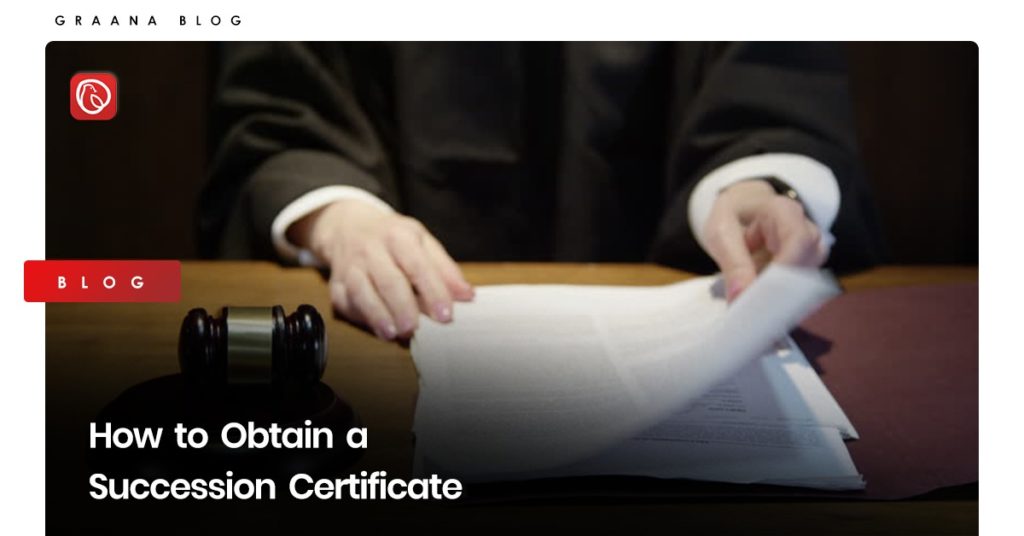Real estate in Pakistan is a highly sought-after asset; Pakistanis have invested an estimated 420.9 billion rupees in urban real estate, while investment in rural residential areas is estimated to be around 305 billion rupees. Given the amount of capital that is being invested in real estate, it is important that we have a solid understanding of real estate ownership laws.
Graana.com, Pakistan’s smartest property portal, takes a brief look at the laws that govern the ownership and transfer of property in Pakistan.
Who Can Own Property?

The Constitution of Pakistan sets out the rights of property owners as well as provisions to safeguard these rights. Four laws in particular deal with property rights in Pakistan.
Land Revenue Act 1967
The Land Revenue Act of 1967 established each province’s own set of laws governing the recording of rights and their modifications. With slight revisions, all provinces have passed this statute.
The Transfer of Property Act of 1882
The Transfer of Property Act of 1882 is a statute that comprehensively defines and governs property transfers (lease, sale, mortgage, and so on).
The Registration Act of 1908
The Registration Act of 1908 is a comprehensive regulation that oversees the registration of documents. The revised documentation must be recorded whenever property rights are transferred or amended (especially in metropolitan areas).
Local and Special Statutes
Local laws govern housing societies (whether private or public), cooperative societies, mutual societies, and cantonment boards, for example. Some of the laws listed above apply to rural regions, while others apply to metropolitan areas. On a general and practical level, the regulations controlling immovable property in rural regions differ from those governing immovable property in metropolitan areas.
Transfer of Property in Urban Areas

These steps are involved in the transfer of property in urban areas:
- To begin, seek a ‘fard’ (evidence of ownership) from the relevant revenue department office if you do not already have one.
- Second, use the needed stamp paper to draft the selling deed/contract. This is normally done with the assistance of professional deed writers and/or attorneys.
- Third, pay any required stamp duty, capital gains tax, and any connected fees.
- Fourth, the sale deed is filed with the sub-registrar in the jurisdiction where the property is located.
- Finally, the process of mutation (known as inteqal) in the revenue record is completed in the sub-registrar’s office. Get to know rental laws in Sindh
Transfer of Property in Rural Areas
- To begin, someone (by their legal guardian) can notify a patwari to transfer their property rights (as a result of a sale, a mortgage, a gift etc.). If a transfer of this type has already occurred and the owner has died, the patwari must be notified within three months.
- Second, the patwari must document the purpose to transfer rights and produce copies of the entries. Furthermore, in order for what has been reported to him/her to be made public, the patwari must contact the appropriate union council. The patwari is thereafter in charge of presenting the matter to the tehsildar office and amending the mutations register entries.
- Finally, a revenue official (typically a tehsildar or naib-tehsildar) in the concerned tehsildar’s office is responsible for checking, verifying, and accepting or rejecting the transfer. In this regard, the tehsildar’s office has the authority to refuse any transfer other than the transfer of property in inheritance, whether it is done through a recorded deed or the consent of a court of law.
These are the major laws that deal with property ownership and property transfer in Pakistan. For more information, visit Graana Blog.




